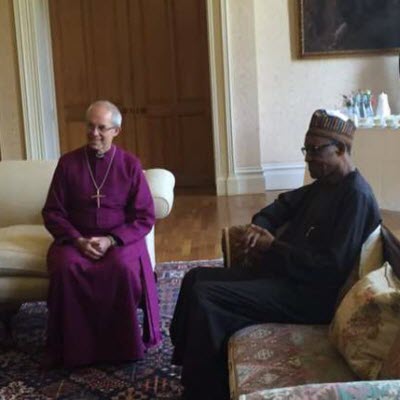There are no products in your shopping cart.
| 0 Items | £0.00 |

 BRITAIN's Church of England’s governing body is due to vote on whether special services should be held for transgender people as part of its ongoing programme to reach out to marginalised groups and attract more worshippers.
BRITAIN's Church of England’s governing body is due to vote on whether special services should be held for transgender people as part of its ongoing programme to reach out to marginalised groups and attract more worshippers.
As is the case across Europe, church attendances are on the decline across Britain and the Church of England has had to modernise itself in a bid to attract new members. Of late, this has included adopted a more liberal attitude towards homosexuality, including allowing the ordaining of lesbian and gay clergy.
Now, the church is considering taking things a step further by offering to welcome transgender people to mark their transition. Opponents of the move, have, however, suggested that the services would be counter to some parts of the Bible, which state that humans are created as either male or female.
Last Friday, the Church of England began its general synod meeting in York where the matter of transgender members will be discussed. At the moment, the church conducts multiple marriages, christenings, and blessings every day, and now it is being asked to add to its liturgy a service to welcome transgender Christians to their new identity.
Such a service would not be a second baptism, however, as the church’s teaching is that humans are made in the image of God, transcending gender and baptism takes place only once. Supporters said such a welcome would help people undergoing the trauma of transition or transphobic bullying.
On Saturday, the general synod voted clearly in favour of a motion calling for a ban on so-called conversion therapy for lesbian, gay, bi-sexual and transgender (LGBT) Christians. Although the debate was emotional, with both sides arguing their case passionate but the vote conclusive.
Archbishop of York Dr John Sentamu, said: “As the world listens to us, the world needs to hear us say that LGBT orientation and identity is not a crime. LGBT orientation and identity is not a sickness and LGBT orientation and identity is not a sin.”
While splits over sexuality remain, liberal Anglicans see the vote as a victory. Rt Reverend , Justin Welby, the Archbishop of Canterbury has said the church will spend three years on a document outlining a new stance on sexuality.
Current rules ban the marriage of same-sex couples in church. Services of blessing for civil partnerships are also prohibited but informal prayers are allowed.